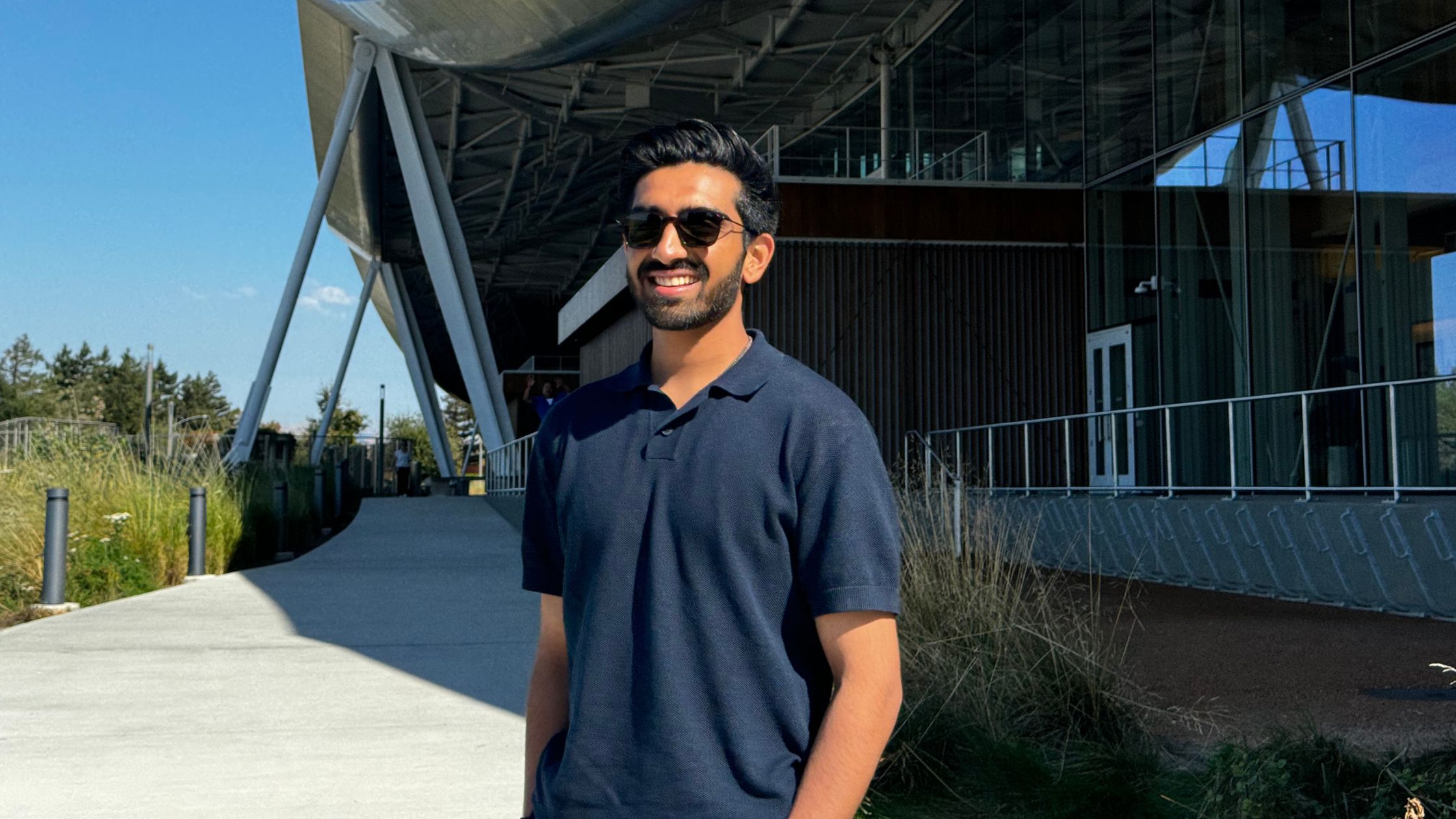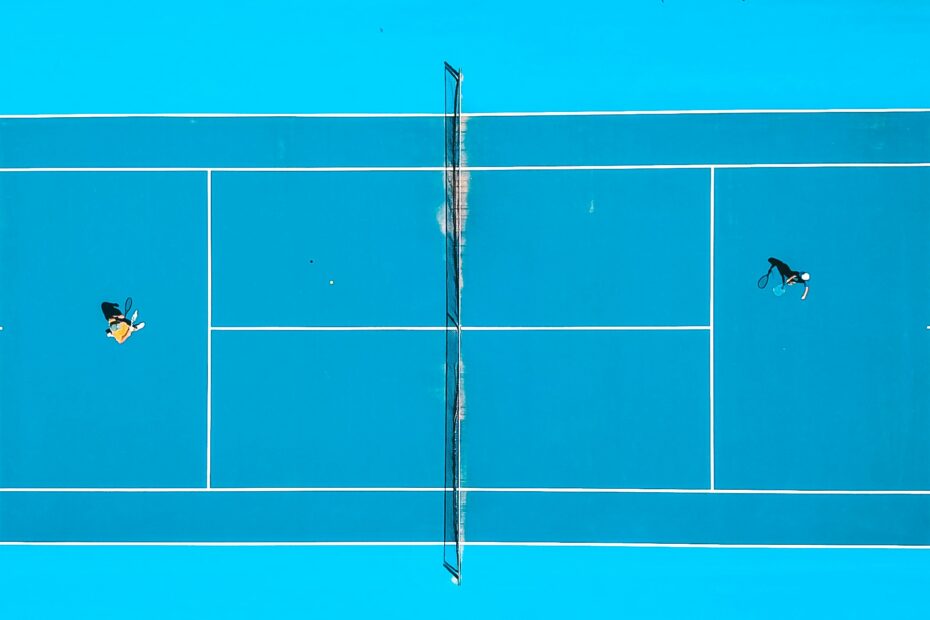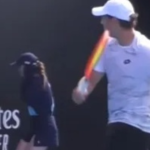The 2024 WTA Finals in Riyadh, Saudi Arabia, has already served up surprises, impressive performances, and off-court intrigue. With the best female tennis players converging in Riyadh, the WTA Finals marks Saudi Arabia’s first year hosting this prestigious tournament as part of a three-year deal, underscoring the kingdom’s increasing presence in international sports.
The Path to the Semifinals: Star Performances and Shocking Exits
As the event kicked off on November 2, eight of the world’s top players were grouped into round-robin pools to battle it out for a spot in the semifinals. Each group comprised four players, who played three matches to determine the two best-performing players advancing to the next round. The semifinals lineup features Coco Gauff, Aryna Sabalenka, Zheng Qinwen, and Barbora Krejcikova—a mix of emerging talent and established powerhouses.
Coco Gauff’s Steady Climb
Coco Gauff secured her place in the semifinals with a consistent and confident showing, despite struggling with some errors against Iga Świątek in a much-anticipated match. In her opening match, Gauff defeated her American compatriot, Jessica Pegula, with ease, winning 6-3, 6-2. By defeating Świątek 6-3, 6-4, she not only advanced to the semifinals but also confirmed Sabalenka’s spot as the year-end world No. 1.
The 20-year-old Gauff has continued her upward trajectory in the world rankings and, with her recent coaching change after parting ways with Brad Gilbert, has shown a renewed confidence, particularly on her forehand, despite some weaknesses in her serve. Her consistency and sharp game sense have positioned her as a fierce contender as she prepares to face Sabalenka in the semifinals.
Aryna Sabalenka’s Dominance
Aryna Sabalenka, known for her power-driven game and fierce on-court presence, heads into the semifinals after overcoming Jasmine Paolini in a tense match. Paolini briefly put up a fight, nearly leveling the score in the second set before Sabalenka sealed her victory with a 6-3, 7-5 win. Sabalenka’s journey through the round-robin stage has been marked by solid performances, including a loss to Elena Rybakina. Despite the defeat, she has advanced confidently and is set to face Gauff, with whom she has a storied rivalry.
Sabalenka’s presence in the semifinals also guarantees her year-end No. 1 status, cementing a successful season marked by tactical growth and emotional resilience. Sabalenka’s hard work and adaptability on the court, including her strategic integration of drop shots, have set her up as a formidable opponent for Gauff.
Zheng Qinwen and Barbora Krejcikova: Surprising Semifinalists
Rounding out the semifinal lineup are Zheng Qinwen and Barbora Krejcikova. Zheng’s journey was punctuated by an impressive 6-1, 6-1 victory over Paolini in a do-or-die round-robin match. Krejcikova, meanwhile, benefited from an inconsistent performance by Gauff in their face-off, winning 7-5, 6-4, and securing a much-deserved semifinal spot.
Krejcikova, who won Wimbledon in 2024, earned her entry into the WTA Finals thanks to a rule that automatically grants Grand Slam champions ranked between No. 8 and No. 20 a spot in the year-end event. Her unpredictable style and sharp baseline play make her a challenging opponent as she heads into the semifinals against Zheng.
A Year of Rivalries and Redemption for Iga Świątek
The absence of Iga Świątek in the semifinals surprised many. The Polish star and former world No. 1 entered the tournament with high hopes of regaining her top ranking from Sabalenka. With an 11-1 record against Gauff and a fresh start under new coach Wim Fissette, Świątek was poised to dominate. She put up a strong performance against Krejcikova, winning 4-6, 7-5, 6-2, but her loss to Gauff ended her hopes of advancing to the semifinals.
In her final match against Daria Kasatkina, Świątek won decisively with a 6-1, 6-0 victory, only to discover afterward that her semifinal chances were already dashed. Her exit from the tournament represents both a disappointment and a learning experience as she prepares to recalibrate for the 2025 season.
The Financial Stakes: Record Prize Money on the Line
This year’s WTA Finals prize money stands at an unprecedented $15.25 million, with the champion earning up to $5.15 million if they remain undefeated through the tournament. This prize is larger than any Grand Slam payout and signals Saudi Arabia’s commitment to promoting the event. Even first-round exits earn players $335,000, with additional prize money awarded per match win, making this tournament one of the most lucrative in women’s tennis.
The stakes are high, not only in terms of financial rewards but also in terms of prestige and rankings. For players like Gauff and Sabalenka, the Finals are a chance to solidify their positions in the tennis hierarchy and gain momentum for the next season.
Saudi Arabia’s Bid to Become a Tennis Powerhouse
Saudi Arabia’s hosting of the WTA Finals is part of a broader strategy to increase its presence in tennis. With a deal struck between the WTA and the Saudi Tennis Federation (STF) in April, the Finals will remain in Riyadh for three years, marking a significant milestone in the kingdom’s sporting ambitions. The event also comes with a substantial investment from Saudi Arabia’s Public Investment Fund (PIF), a move that positions the country as a central player in the tennis world.
However, this foray into tennis has faced criticism from fans and players due to Saudi Arabia’s human rights record and treatment of women and the LGBTQ+ community. WTA officials, including CEO Portia Archer, have defended the decision, stating that the tour respects the values of the countries it operates in. This partnership is seen by some as a test for Saudi Arabia’s long-term aspirations, which include the potential establishment of a Masters 1000 tournament in the coming years.
Controversies and Changes in Women’s Tennis
The WTA Finals have not been free of controversy. Last year’s Finals in Cancun, Mexico, were plagued by poor organization, with issues including an unstable court and bad weather disrupting play. Saudi Arabia’s hosting deal promises much-needed stability, but it has not quelled the concerns of some tennis legends like Martina Navratilova and Chris Evert, who voiced objections based on the country’s treatment of women and the LGBTQ+ community.
Despite these concerns, the WTA’s decision represents a strategic move in a rapidly evolving sports landscape, especially given the financial and logistical challenges of finding stable hosts for the Finals. The response from fans and the global tennis community in the coming years will undoubtedly shape future decisions about where the sport heads next.






